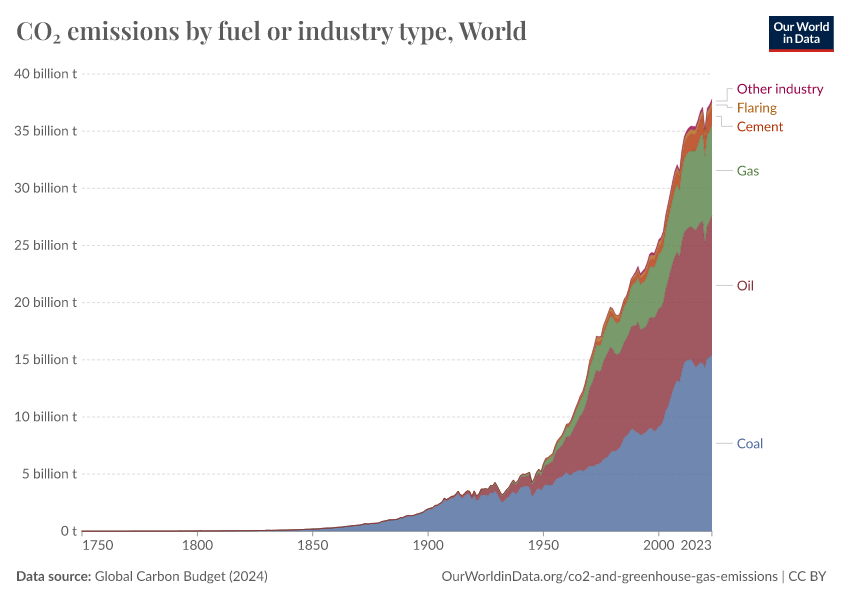I
I
inbetween
Guest
Transport is the only sector where Co2 emissions are not really any different to what they were 30 years ago and that's because modern car technology is better but the number of cars on the road has increased massively. These changes have to be accumulative so thinking of your own situation doesn't work.Off the top of my head I’d say EVs making sense to about 20% of new car buyers probably sounds about right.
If you have a driveway you can install a charger on and mostly do short journeys they’re ideal.
If you have to rely on public chargers they make no sense at all.
My view is it makes more environmental sense to maintain existing cars rather than dig up millions of tons of lithium and cobalt to make EVs that have a shelf life of 10 years.
I drive a classic Defender, and I fully expect it to outlive me. That’s sustainability.
And we need to invest more in sustainable fuels. Synthetic petrol is a thing, it just needs more development to be commercially viable.
The keep your old car argument therefore makes no sense. If everybody did this, ie, if all 30 million cars on the road today were replaced by folk clinging onto their classic Defenders then most of us would be dead from the fumes and the Co2 problem would be unimaginably worse.
Production processes nowadays are FAR more efficient than the processes that made your car and meanwhile your car is spitting out more poison such as NOx and far more Co2 than a modern equivalent ever would over any period. It'll probably also be a pig for MPG so you'll be contributing even more through the need to put more petrol in which has to be drilled, refined and transported here.
There is just no world where this can be better than buying an EV, it's impossible. An EV has less moving parts so less production intensity. The worst part of an EV is indeed the battery but EV batteries are completely reusable in other sectors and the battery chemistry is improving, there is no cobalt for example in my Tesla LFP battery.
Last edited by a moderator:


